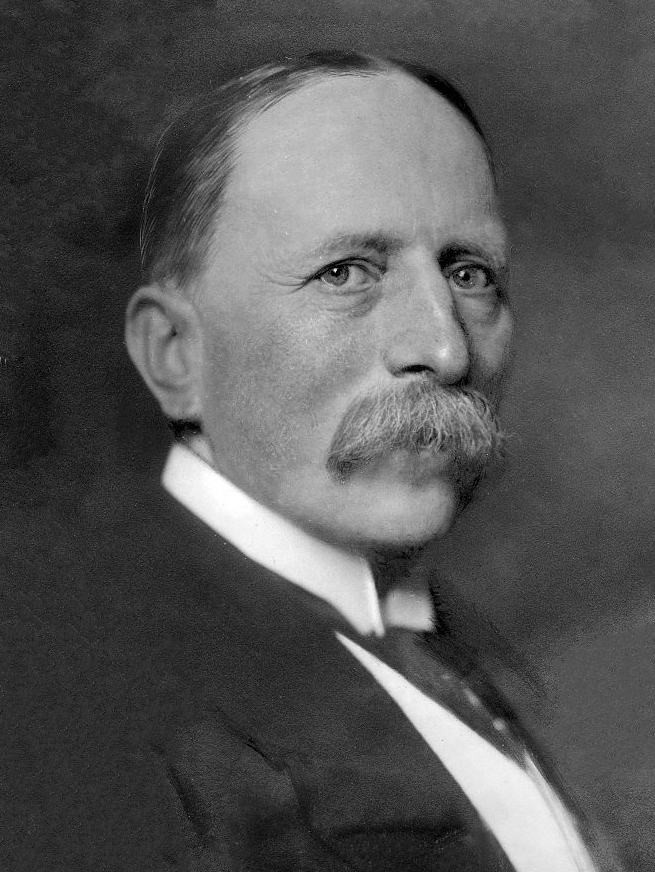Notgemeinschaft der Deutschen Wissenschaft
 The ''Notgemeinschaft der Deutschen Wissenschaft'' (Emergency Association of German Science) or NG was founded on 30 October 1920 on the initiative of leading members of the ''Preußische Akademie der Wissenschaften'' (Prussian Academy of Sciences, PAW) – Fritz Haber, Max Planck, and Ernst von Harnack – and former Prussian Minister of Culture Friedrich Schmidt-Ott. Physicist Heinrich Konen, involved in founding and building the organization due to his relationship with Schmidt-Ott, became a long-standing member of its executive committee. Member institutions of the NG included all German universities, all polytechnics (''Technische Hochschulen''), the five German Academies of Science, and the Kaiser-Wilhelm Gesellschaft. In 1929, the NG was renamed the ''Deutsche Gemeinschaft zur Erhaltung und Förderung der Forschung'' (German Association for the Support and Advancement of Scientific Research); also known in short as the ''Deutsche Forschungsgemeinschaft'' (DFG). Until 1934, the NG acted under supervision of the ''Reichsinnenministerium'' (Reich Interior Ministry), and after that under the ''Reichserziehungsministerium'' (Reich Education Ministry). In 1945, by the end of World War II in Germany, the NG was no longer active. In 1949, it was re-established in the newly founded Federal Republic of Germany as the NG and from 1951 as the DFG.
The ''Notgemeinschaft der Deutschen Wissenschaft'' (Emergency Association of German Science) or NG was founded on 30 October 1920 on the initiative of leading members of the ''Preußische Akademie der Wissenschaften'' (Prussian Academy of Sciences, PAW) – Fritz Haber, Max Planck, and Ernst von Harnack – and former Prussian Minister of Culture Friedrich Schmidt-Ott. Physicist Heinrich Konen, involved in founding and building the organization due to his relationship with Schmidt-Ott, became a long-standing member of its executive committee. Member institutions of the NG included all German universities, all polytechnics (''Technische Hochschulen''), the five German Academies of Science, and the Kaiser-Wilhelm Gesellschaft. In 1929, the NG was renamed the ''Deutsche Gemeinschaft zur Erhaltung und Förderung der Forschung'' (German Association for the Support and Advancement of Scientific Research); also known in short as the ''Deutsche Forschungsgemeinschaft'' (DFG). Until 1934, the NG acted under supervision of the ''Reichsinnenministerium'' (Reich Interior Ministry), and after that under the ''Reichserziehungsministerium'' (Reich Education Ministry). In 1945, by the end of World War II in Germany, the NG was no longer active. In 1949, it was re-established in the newly founded Federal Republic of Germany as the NG and from 1951 as the DFG.The objective of the NG was to provide the regional, disciplinary, and political factions of the academic community with a central institution to facilitate raising and distributing funds for the totality of German sciences and humanities. Originally, it was to alleviate especially the increased financial needs after World War I due to monetary inflation and generally higher costs in research. As presiding secretary of the PAW, Planck briefly headed the NG until Schmidt-Ott was installed as president. The NG was successful in raising funds and support from the central German government as well as financial contributions from corporate sources in Germany and abroad. Provided by Wikipedia


